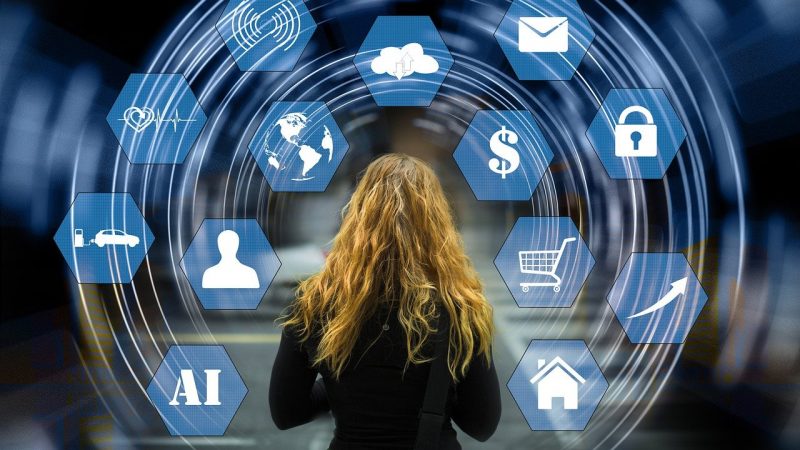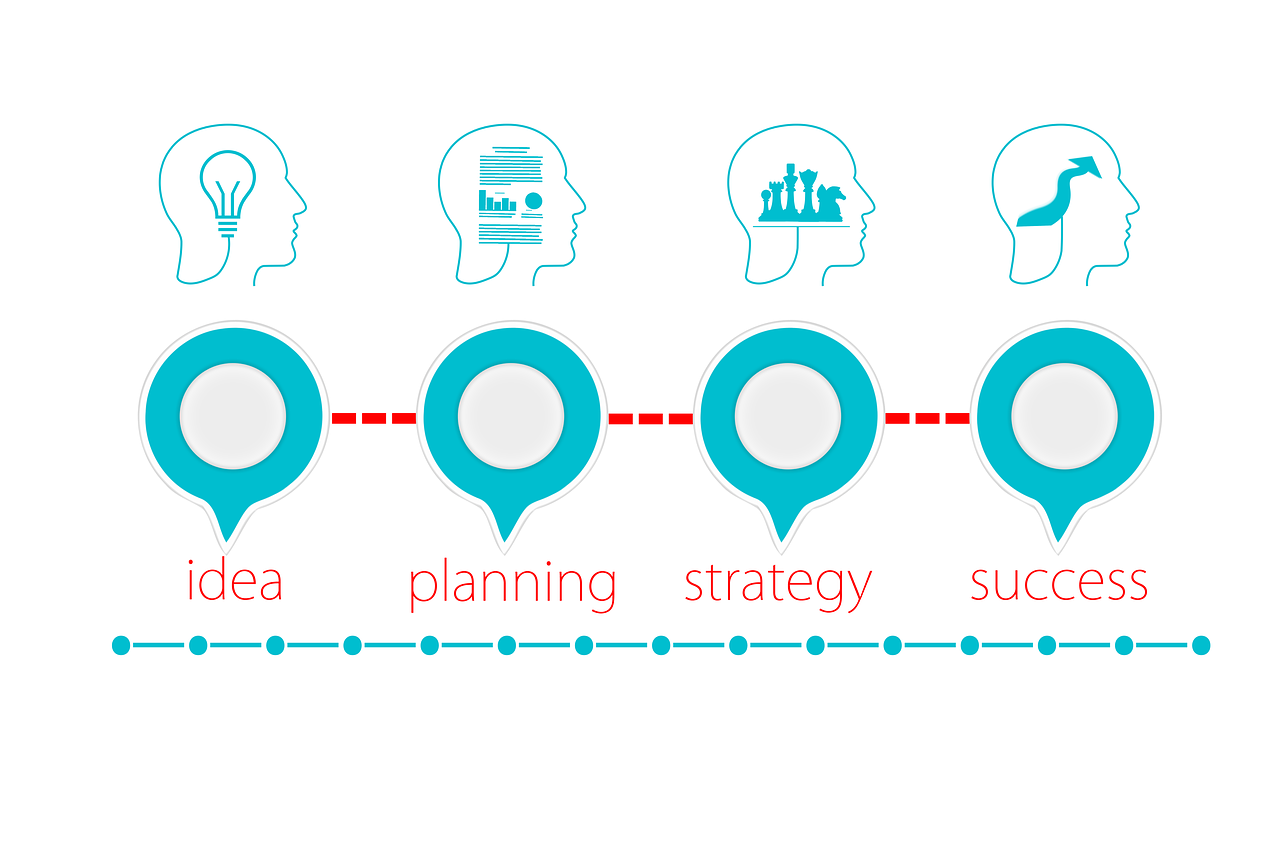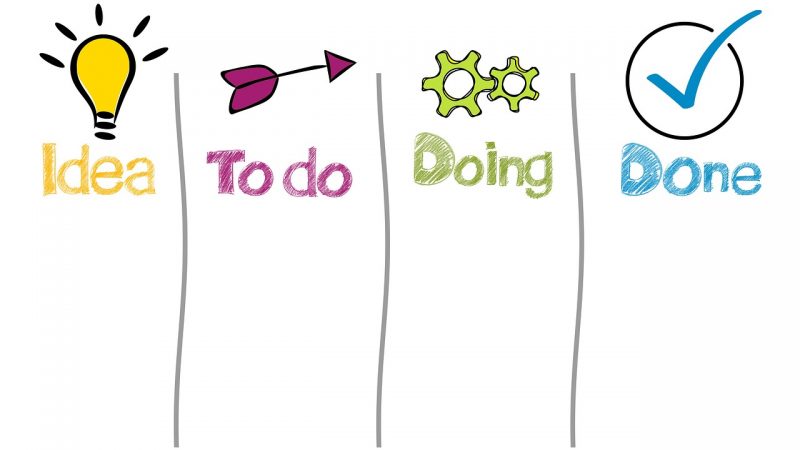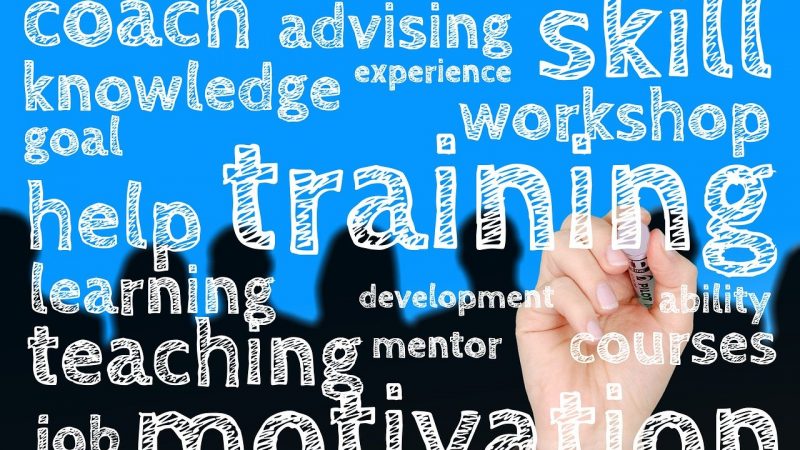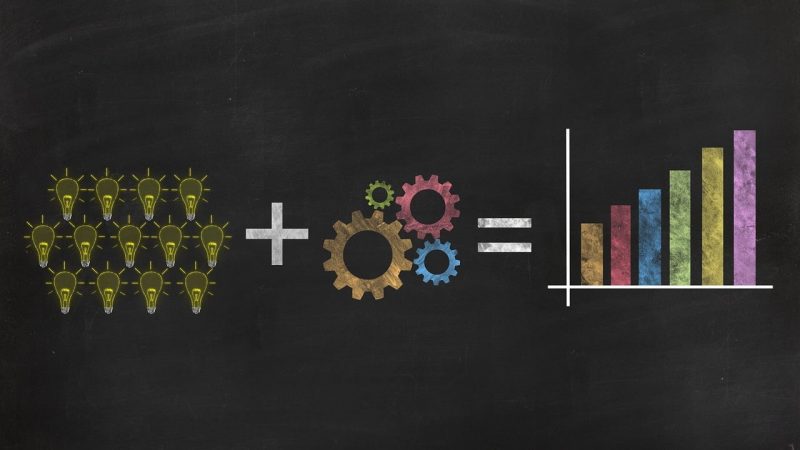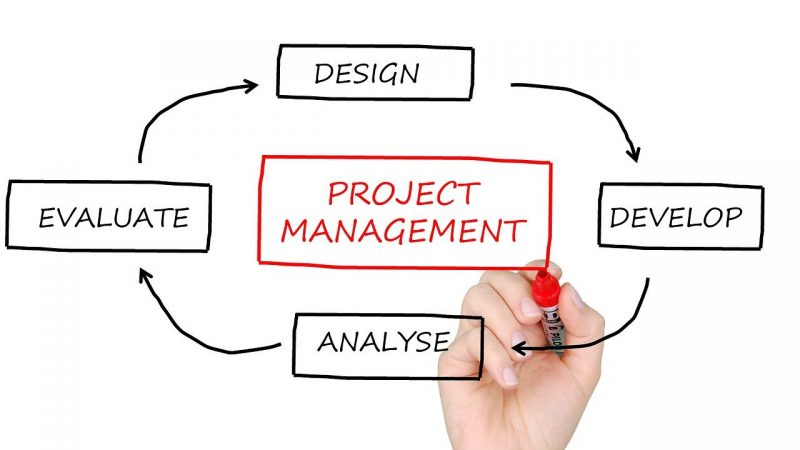The upheaval of the past few years has prompted much-needed reevaluation of classroom practices and teacher wellbeing. While enormous challenges remain, this period of reflection presents opportunities to reimagine many aspects of teaching.
By reconsidering classroom community dynamics, assessment structures, and our own self-care, teachers can emerge from this period with renewed purpose and improved approaches. Now is the time to explore innovative community building strategies, alternative assessment models, and proactive self-care techniques that better serve our students and ourselves.
In this guide, we will unpack positive changes teachers can implement in these three key areas. Our aim is to provide inspiration and practical ideas for educators to evaluate existing practices and envision how they might redesign their classrooms and self-care habits for the better.
Rebuilding Classroom Communities
The classroom community lays the foundation for effective teaching and learning. But traditional models often fall short building meaningful relationships, inclusion, and emotional safety. By reimagining community building strategies, teachers can create more nurturing environments. Consider these approaches:
Establish Community Values & Goals Collaboratively
Rather than unilaterally dictating classroom rules, have students co-develop shared values, expectations, and goals. Ensure student voices shape community guidelines.
Dedicate Time for Community Circles
Open or close lessons with community circles where students share feelings, ideas, and experiences without judgment. Circles build trust.
Cultivate Peer Mentorships & Partnerships
Set up cross-grade student mentorships and peer partnerships to build relationships and leadership. Guide mentors in supporting younger students.
Spotlight Student Identities
Create opportunities for students to share and celebrate personal interests, backgrounds, and identities with presentations, show & tells, and group discussions.
Practice Restorative Justice
Adopt restorative practices and peer mediation to resolve conflicts while deepening empathy and making amends through open dialogue.
Integrate SEL Programming
Implement evidence-based SEL curricula focused on self-awareness, responsible decision making, relationship skills, and self-management.
These strategies help shift classroom culture from compliance to genuine community where students feel valued, respected, and cared for holistically. Students should be partners, not just participants.
Rethinking Assessment Approaches
Testing and grading rarely inspire student growth. By reimagining assessments, we can emphasize mastery and progress over perfection. Alternatives include:
Portfolios Over Tests
Have students compile portfolios demonstrating skills and concepts mastered over time through multiple mediums like projects, writing, models, and presentations.
Self-Reflection Over Grades
Guide students reflecting on academic habits, mindsets, collaboration skills, successes, and areas for improvement through journals and self-evaluation rubrics.
Mastery Tracking Over Percentages
Measure mastery of standards and objectives with badge systems, skills checklists, and target trackers. Emphasize growth journeys.
Meaningful Feedback Over Marks
Provide actionable written and verbal feedback on strengths, specific areas for growth, effort, and progress. Comments mean more than letter grades.
Progress Conferences Over Report Cards
Host regular one-on-one conferences with students and families to discuss personalized goals, development, pathway options, and support resources.
These student-centered assessment strategies emphasize reflection, tangible skills gained, and celebrations of incremental improvement. Assessment informs learning rather than dictating futures.
Cultivating Teacher Self-Care
Supporting students starts with caring for ourselves. But ingrained habits prevent proactive self-care. By reimagining our practices, we can combat burnout.
Set Manageable Boundaries
Be disciplined in setting boundaries around work hours, availability, and duties based on realistic limits. Learn when to say no.
Reframe Mindsets
Release perfectionist tendencies and focus on progress over precision. Small wins drive motivation.
Allow Flex Days
Designate periodic flexible lesson days focused on creativity, conversation, and compassion. Both students and teachers need these resets.
Maximize Planning Time
Protect schedule blocks for lesson planning and preparation to prevent work creeping into personal time. Plan collaboratively when possible.
Minimize Grading
Utilize peer reviews, student self-assessments, badge systems, and other tools to decrease laborious grading.
Model Self-Care
Openly share stories of stressors and healthy self-care choices like exercise, nutrition, sleep, and sustainability. It is not taboo.
By reshaping unbalanced norms, teachers can honor lives outside the classroom while still serving students exceptionally.
Conclusion
This period of upheaval has laid bare opportunities for vital change. Rethinking community building, assessment methods, and self-care habits allows teachers to return renewed for the challenges ahead. With creatively, compassion, and commitment, we can reimagine classrooms where all members are valued, progress takes priority over perfection, and balance enables professional longevity. While change is never easy, the insights gained have illuminated paths to create learning environments and lifestyles truly centered around collective care.



